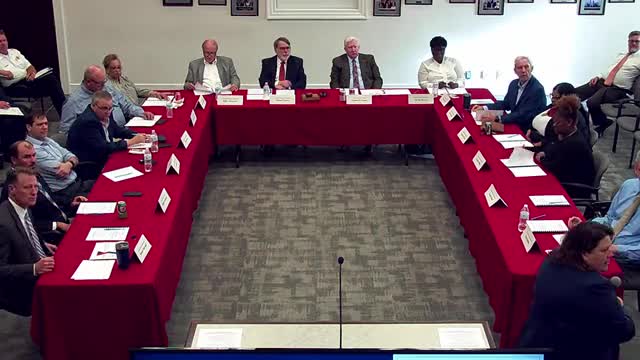Article not found
This article is no longer available. But don't worry—we've gathered other articles that discuss the same topic.
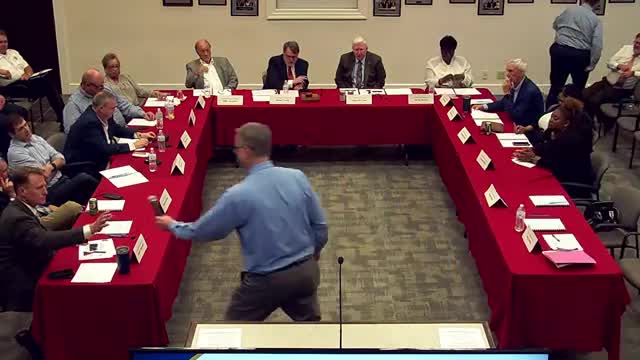
County offers space and upgrades for consolidated 911 dispatch; city retains police dispatch now
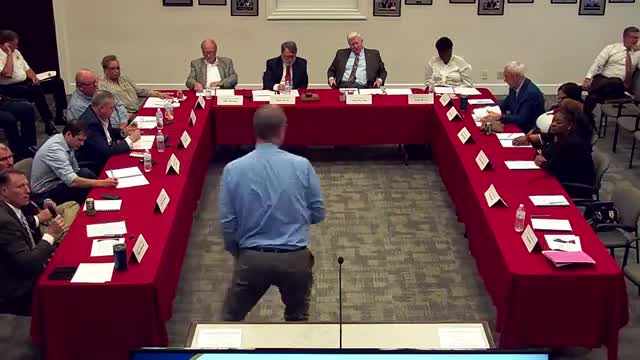
County outlines options for 24/7 fire staffing and fire service areas to fund apparatus
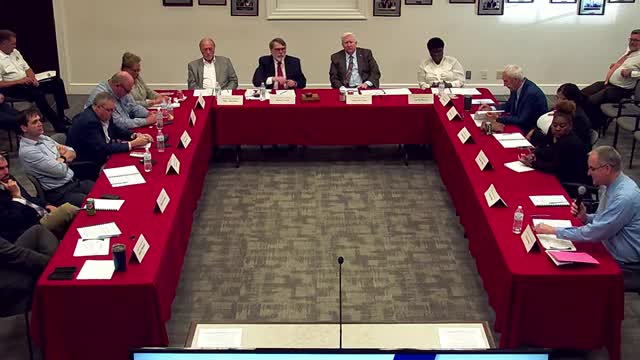
City warns Lancaster County transfer-station costs, equipment and safety strain service as growth continues
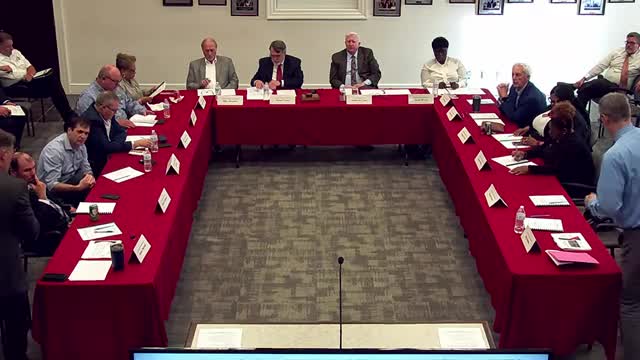
County transportation sales-tax package under review after November referendum loss
